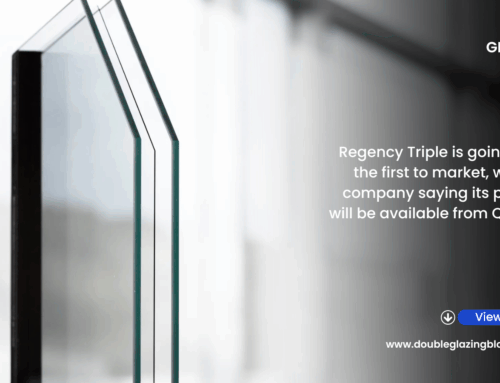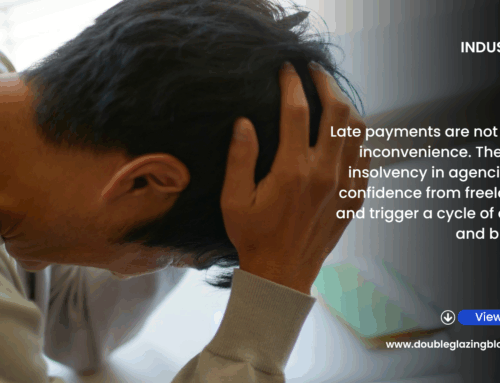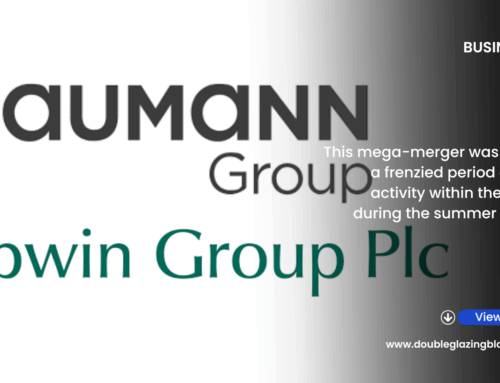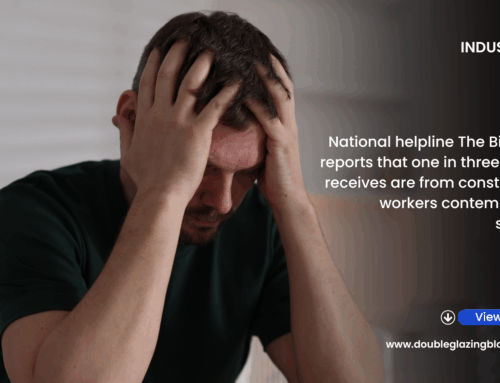You can begin to feel the industry ask itself: how long is this going to last?
It feels as though we’ve been talking about difficult trading conditions for a while now. As we’d be right. As I see it, we have been stuck in this downward cycle for around two years. I wouldn’t say it began once inflation started to rise. It takes time for things like that to filter down through the economy.
But if we were to mark some of the major industry failures against a five-year inflation chart, we can work out with some relative accuracy when this downturn began:
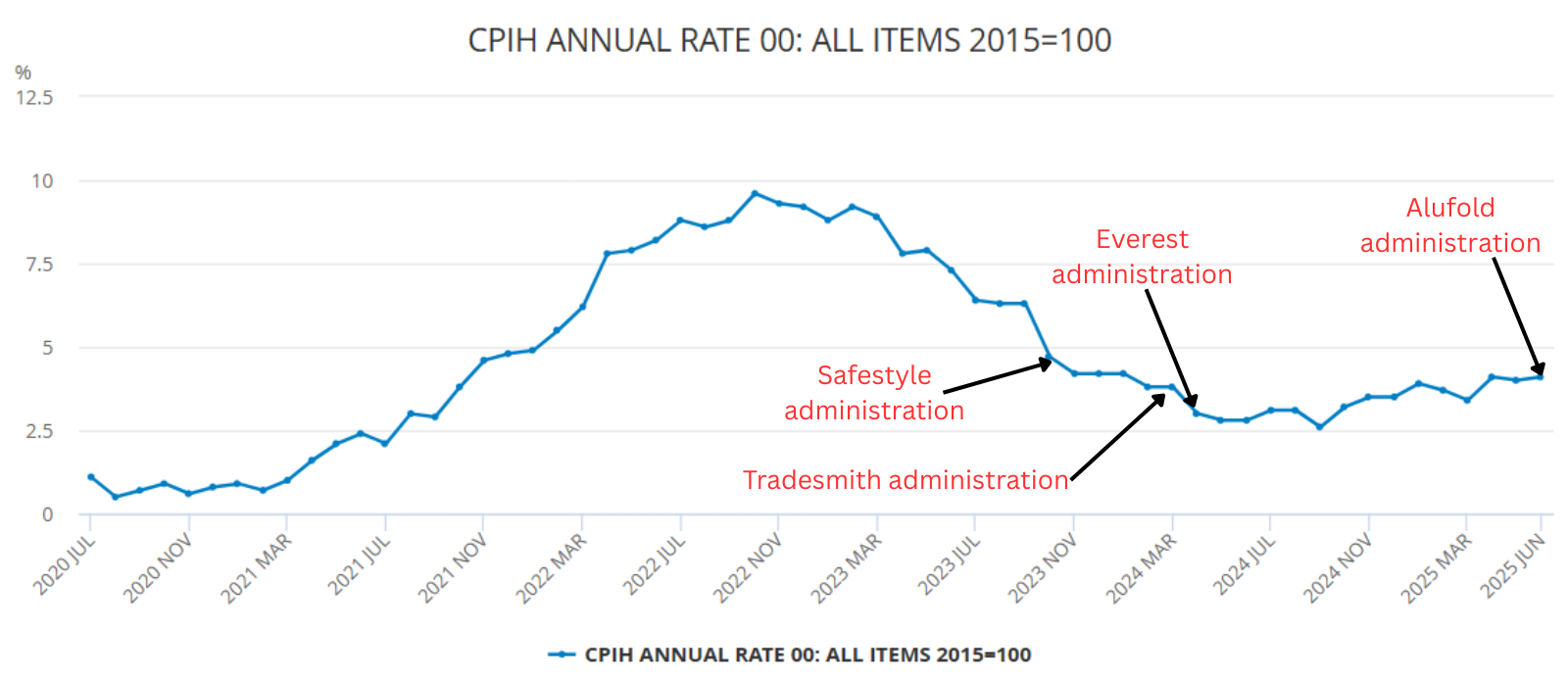
I cannot fit every significant failure on that chart, and I am sure you won’t need reminding of the sheer number we have seen over the past two years. But what we can see from above is that roughly a year after the peak of inflation, the damage began to take its toll. We have since been stuck in an economy that is barely growing, inflation is gradually rising once again, and unemployment, sadly, is rising too.
The main tool in combating higher inflation is to raise interest rates. But while that remedies the inflation problem, it creates massive problems elsewhere, which is exactly what it did to the mortgage market. That in itself was a huge problem for the economy that I would say has only partly recovered. I was one of the unfortunate ones who had to remortgage just as interest rates were at their highest. Yay.
So, where exactly are we in this particular cycle?
“Wooaahh, we’re halfway there”
Sorry, I won’t do that again.
One way to decipher where we might be is to look back at the last black swan event, and that is the Great Financial Crisis of 2008. That is where we saw the shock collapse of Lehman Brothers during the subprime mortgage crisis. That particular event nearly crippled the world’s financial system. Governments around the world conjured up staggering amounts of money and support to keep banks alive, or else risk global chaos. In all honesty, living standards in the UK have been on a gradual downward slope ever since that crisis.
But when we look back at that period of time, the measures that were taken, and when we can say relative stability began to return, it was around four years later in 2012. If I look back at the sales figures for our own installation company, we can see exactly when the GFC took hold and when things began to turn a corner. And I would judge that to be around 2012.
So it may well be that if history does indeed repeat itself, we are likely only halfway through this particular downturn.
Catalysts
We all know it, Britain is stuck in stagflation. Persistent inflation, a continued cost of living crisis, and consumer confidence are all making for very hard trading conditions right now. It is the reason we are seeing such a high number of insolvencies and voluntary closures.
So what exactly is going to be the thing that turns this ship around? We need a catalyst. Something significant that can jumpstart economic growth and turn people’s opinions and confidence around in the right way.
We could look to the BoE to lower interest rates in a more significant way. That was their response to COVID and the GFC, and it kept the economy chugging along. Sadly, I don’t think that option is on the table. The current landscape of the economy is not lending itself to that idea at all.
AI is certainly one that could change everything. In the 1990s, the internet really took hold, and the UK economy benefited as a result. I am pleased to see our industry (for the most part) is embracing the opportunities AI will bring. For example, it is allowing SME installers a fantastic way to create marketing content in a fast and free fashion, which will allow them to promote their business more vigorously, without the expensive monthly retainers of agencies. I can already feel the hate for that one.
Tax. Yeah, that’s all heading in the wrong direction.
Consumer confidence is an area that we will want to see improve. For big-ticket items, like windows and doors, solid consumer confidence is key. It has not been strong for a good couple of years, but if we were to see that start to recover in a meaningful way, then this could translate to stronger business activity in our own sector.
At the moment, it is not clear where the catalyst we need for improvement is coming from. But I will say this: all cycles come to an end. Nothing ever lasts forever. Not even the Great Depression. Whilst things are tough now, it also means there are new skills to learn, methods to try, products to expand on and lessons to ponder on. Tough times are a great way to hone our skills, so that when better times return, we’re all in a stronger position to make the most of it.
We just need to hold on.
Subscribe for FREE below to receive the weekly DGBulletin newsletter and monthly digital magazine!




